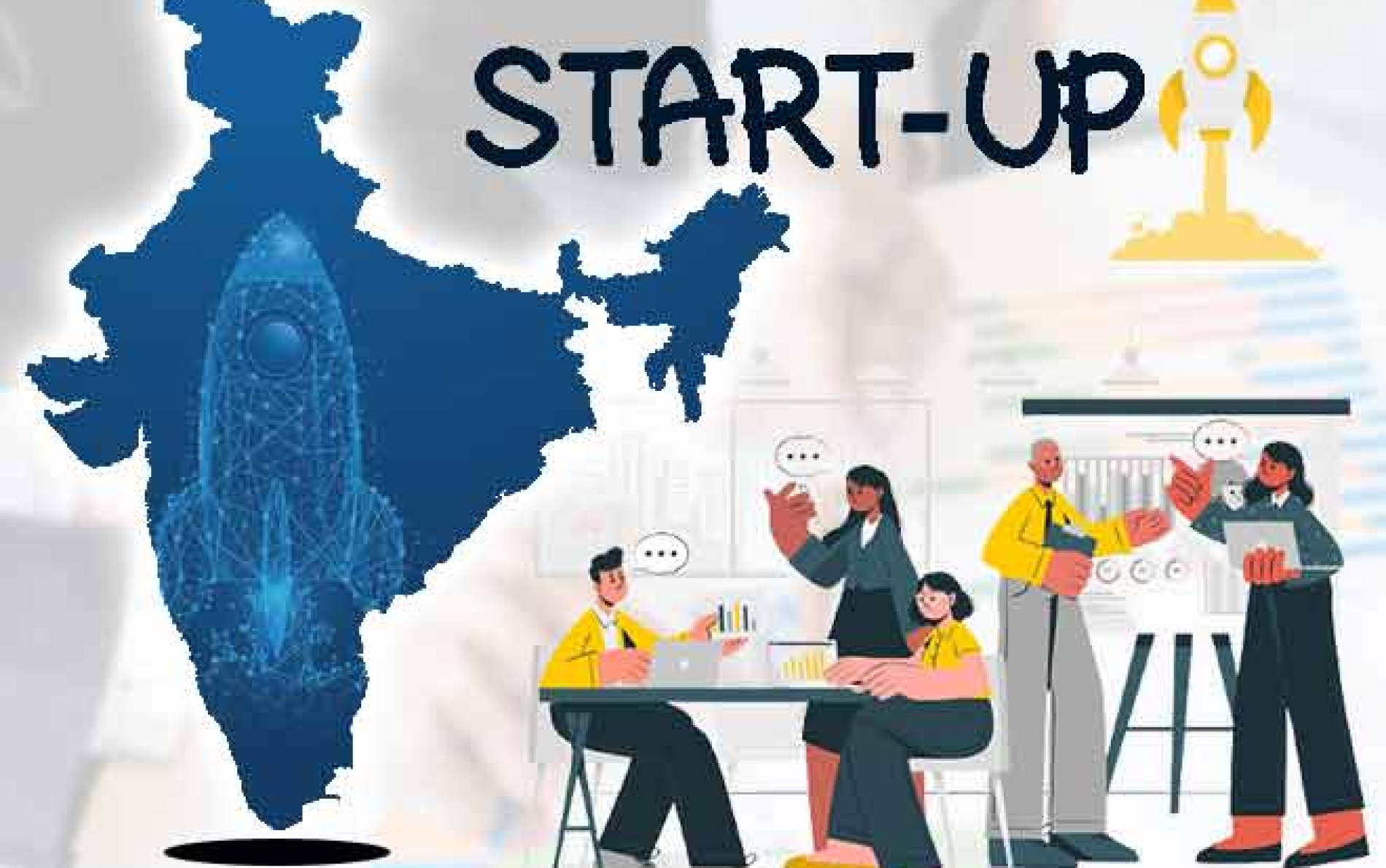Machines Rise, Humans Adapt: The AI Era is Here

The world of work is undergoing a significant transformation, and artificial intelligence (AI) is at the forefront of this change. No longer confined to science fiction, AI is rapidly making its way into the field of management, fundamentally altering how organizations operate and how leaders navigate the complexities of their roles.
This blog article explores into the rise of AI in management, exploring its potential benefits, potential challenges, and the skills humans will need to thrive in this evolving landscape.
AI encompasses a wide range of technologies, including machine learning, natural language processing, and robotics. In the context of management, AI can be broadly categorized into two key areas: automation and augmentation.
- Automation: AI can automate repetitive and time-consuming tasks, freeing up managers' time to focus on more strategic initiatives. This includes tasks like scheduling meetings, data analysis, report generation, and even basic employee onboarding processes.
- Augmentation: AI can act as a powerful tool for augmenting human capabilities. By analysing vast amounts of data and identifying patterns, AI can provide managers with valuable insights into employee performance, market trends, and risk factors. This allows for more informed decision-making, improved resource allocation, and a more proactive approach to managing teams.
How is AI transforming management?
- Recruitment and Talent Management: AI-powered platforms can streamline the recruitment process by screening resumes and conducting initial interviews. AI can also analyse employee performance data to identify high-potential individuals and suggest targeted training programs.
- Performance Management: AI can help assess employee performance through real-time feedback and sentiment analysis. This allows for more objective and data-driven evaluations, leading to improved development opportunities.
- Project Management: AI can track project progress, identify potential roadblocks, and suggest corrective actions. This helps managers stay organized, predict issues, and ensure projects stay on track.
- Employee Engagement: AI chatbots can be used to answer basic employee questions and address HR-related concerns, improving employee experience and reducing administrative tasks.
While AI offers significant benefits, it is quite crucial to acknowledge the challenges and potential pitfalls associated with its integration into management.
- The Job Displacement Myth?
There is a concern that AI will replace managers altogether. However, it's more likely that AI will complement managers, automating mundane tasks and freeing them up to focus on the human aspects of leadership, such as motivating and inspiring teams. Bias in AI algorithms can lead to unfair hiring practices and performance evaluations. Careful consideration needs to be given to ensuring that AI is used ethically and responsibly.
- The Importance of Human Judgment: AI should not replace critical thinking and human judgment. Managers need to be able to analyse data and insights provided by AI, but ultimately make decisions based on their experience and understanding of the workforce.
The Way Forward: A Human-AI Partnership
The rise of AI shouldn't be viewed with fear, but rather as an opportunity to create a more efficient and effective management landscape. Here's how humans and AI can work together in the future:
- Focus on Strategic Leadership: Managers can leverage AI to handle administrative tasks and free up their time to focus on strategic initiatives, fostering innovation and long-term planning.
- Developing Human-centered AI Tools: AI needs to be designed to complement human skills, not replace them. AI tools should offer data-driven insights while empowering managers to make thoughtful decisions based on human context.
- Building a Workforce with AI Literacy: Employees across all levels need the skills to understand, interpret, and work alongside AI tools. This includes training on data analysis, critical thinking, and ethical considerations related to AI.
Therefore it can be asserted, that the rise of AI in management represents an exciting new chapter. By embracing this technology thoughtfully and focusing on a human-AI partnership, organizations can unlock a future of empowered leadership, enhanced decision-making, and a more efficient and productive work environment.
Dear future workforce, here are a few messages for you, when you are really in a state of worry, confusion about AI and work:
- Embrace AI as a tool for efficiency: AI can automate mundane tasks, allowing you to focus on strategic initiatives that drive innovation and long-term growth.
- Develop AI literacy: Equip yourself with the skills to understand, interpret, and work alongside AI tools. This includes training in data analysis, critical thinking, and ethical considerations related to AI.
- Use AI for data-driven insights: AI can provide valuable insights into employee performance, market trends, and risk factors, enabling more informed decision-making and resource allocation.
- Focus on human-centered AI: AI tools should be designed to complement human skills, not replace them. They should empower managers to make thoughtful decisions based on human context.
- Maintain human judgment: While AI can provide insights, human judgment is essential for making decisions based on experience and understanding of the workforce.
- Enhance employee experience: Use AI chatbots to answer basic employee questions and address HR-related concerns, improving employee engagement and reducing administrative tasks.
- Address bias in AI algorithms: Ensure that AI is used ethically and responsibly to avoid biased hiring practices and unfair performance evaluations.
- Prepare for a collaborative future: Embrace a human-AI partnership where AI handles administrative tasks, freeing up time for strategic leadership and fostering a more efficient and innovative work environment.
 Call Now 9121011411 / 7337344497
Call Now 9121011411 / 7337344497 Email Now admissions.pgdm@asci.org.in
Email Now admissions.pgdm@asci.org.in






0 comments